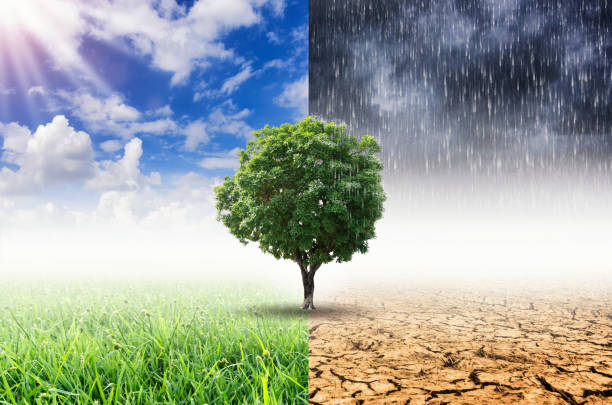The #1 Rated Blood Sugar Formula
The Impact of Weather on Blood Pressure

We know that without shelter, the weather can greatly influence both our physical and mental state. But can it affect blood pressure? The answer, interestingly enough, appears to be yes.
A large study involving more than 40,000 people convincingly demonstrated that seasonal changes have a direct impact on a person's relative blood pressure. What the researcher found was that blood pressure was generally better in the summer and less so in winter regardless of the part of the world, altitude, or climate a person lived.
Seasonal Blood Pressure Changes
The study found that blood pressure readings were higher in the winter than in the summer in all the cities studied. For instance, winter blood pressures were higher in both Minnesota and in Arizona. So the fluctuations in blood pressure are apparently not related to a marked swing from hot to cold temperatures. Researchers speculate that the higher winter blood pressure instead may be related to shorter days, less activity, or weight gain during the winter months, or perhaps to factors that remain completely unknown.
Moving From One Climate to Another
The study found that blood pressure readings were higher in the winter than in the summer in all the cities studied. For instance, winter blood pressures were higher in both Minnesota and in Arizona. So the fluctuations in blood pressure are apparently not related to a marked swing from hot to cold temperatures. Researchers speculate that the higher winter blood pressure instead may be related to shorter days, less activity, or weight gain during the winter months, or perhaps to factors that remain completely unknown.
Other studies have suggested that warmer climates may encourage lower blood pressures. What we have learned is that fluctuations in blood pressure change quickly if one moves from a warmer climate to a colder one and, conversely, more slowly if moving from a colder climate to a warmer one. So, while from Phoenix to Minnesota can result in a significant change in blood pressure (at least for that first winter), moving in the opposite direction most likely won't.
Nobody is yet certain why this happens. One of the underlying factors may be tied to changes in the blood vessel diameter. Blood vessels invariably shrink when they cool down, so people who spend more time in colder climates have more exposure to weather that can trigger this effect. Over time, this may contribute to a slight increase in blood pressure.
Scientists have also suggested that colder climates tend to be darker and that associated changes in Vitamin D production (directly tied to sun exposure) may play a part. Others have suggested that subtle hormone changes caused by shifts in the angle of the sun may have a contributing effect.
What the Research Tells Us
While the research is interesting, it doesn't suggest that persons with a very high blood pressure pack up and move in order to improve their health. Any short-term benefit will likely be lost once your body acclimatizes to your new surroundings.
It also doesn't suggest that your medication needs to be changed with the approach of a new season. Because hypertension treatment is tailored to your specific blood pressure, seasonal changes will already have been adjusted as you are routinely monitored. As such, it is unlikely you’ll need different doses to come to the rise of summer or the fall of winter.










